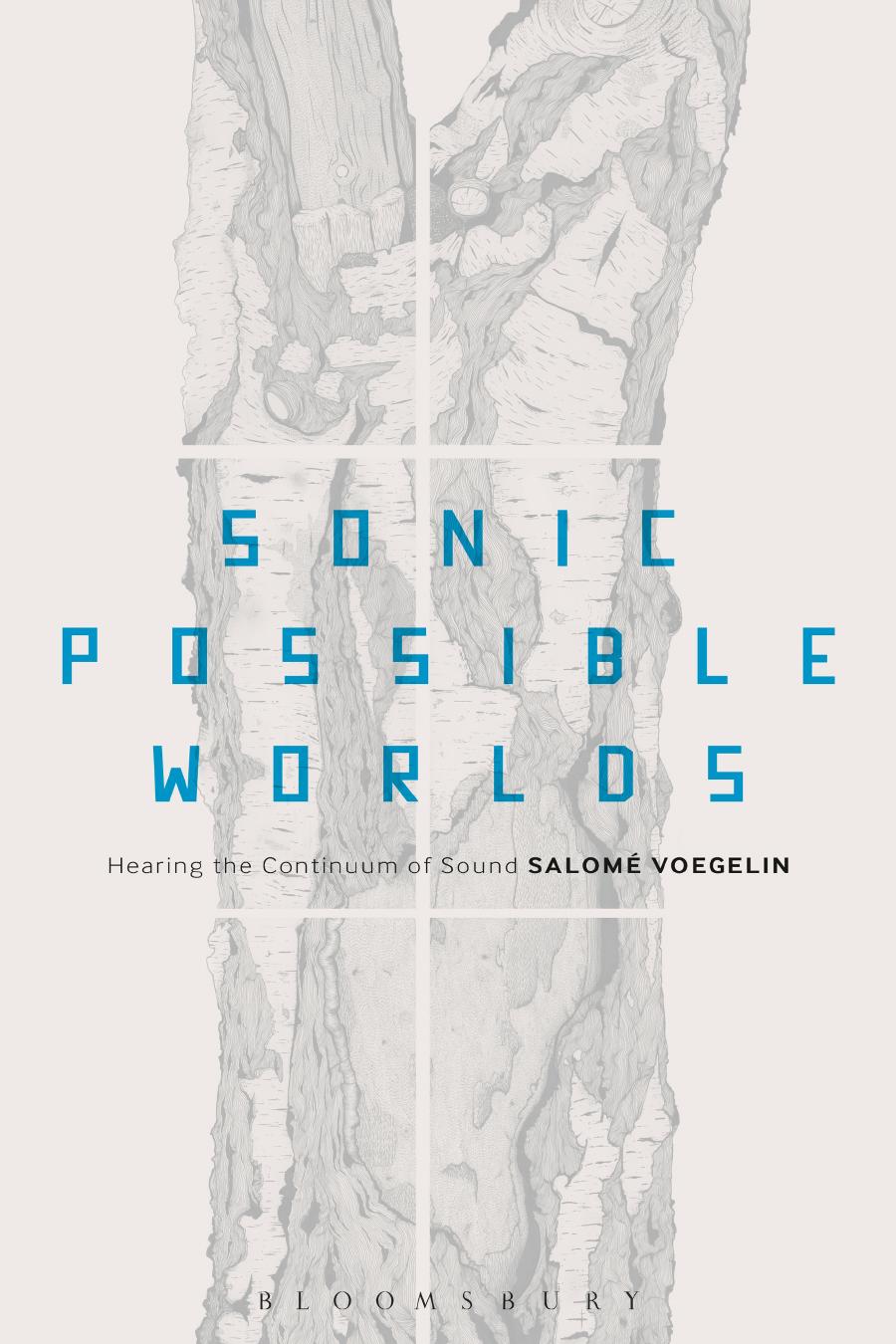

Most ebook files are in PDF format, so you can easily read them using various software such as Foxit Reader or directly on the Google Chrome browser.
Some ebook files are released by publishers in other formats such as .awz, .mobi, .epub, .fb2, etc. You may need to install specific software to read these formats on mobile/PC, such as Calibre.
Please read the tutorial at this link: https://ebookbell.com/faq
We offer FREE conversion to the popular formats you request; however, this may take some time. Therefore, right after payment, please email us, and we will try to provide the service as quickly as possible.
For some exceptional file formats or broken links (if any), please refrain from opening any disputes. Instead, email us first, and we will try to assist within a maximum of 6 hours.
EbookBell Team

4.8
104 reviewsInspired by its use in literary theory, film criticism and the discourse of game design, Salomé Voegelin adapts and develops "possible world theory" in relation to sound. David K Lewis' Possible World is juxtaposed with Maurice Merleau-Ponty's life-world, to produce a meeting of the semantic and the phenomenological at the place of listening. The central tenet of Sonic Possible Worlds is that at present traditional musical compositions and contemporary sonic outputs are approached and investigated through separate and distinct critical languages and histories. As a consequence, no continuous and comparative study of the field is possible. In Sonic Possible Worlds, Voegelin proposes a new analytical framework that can access and investigate works across genres and times, enabling a comparative engagement where composers such as Henry Purcell and Nadia Boulanger encounter sound art works by Shilpa Gupta and Christina Kubisch and where the soundscape compositions of Chris Watson and Francisco López resound in the visual worlds of Louise Bourgeois.